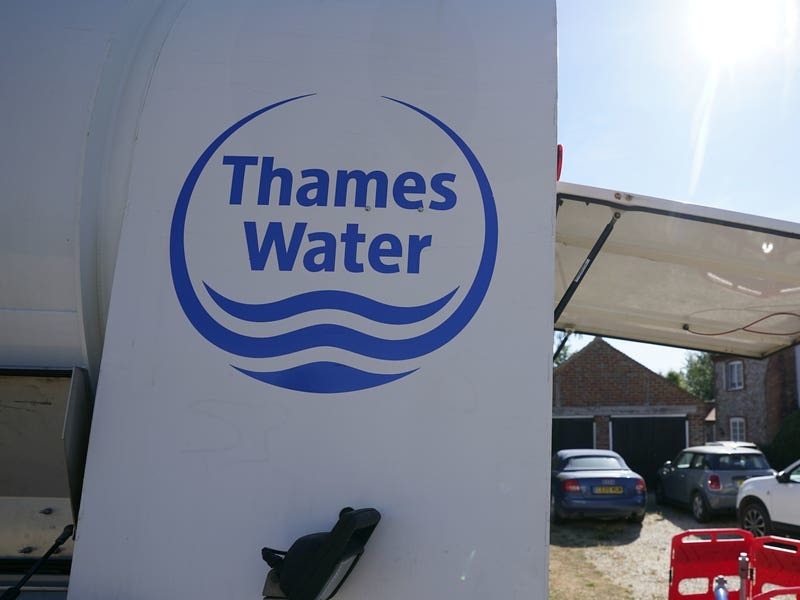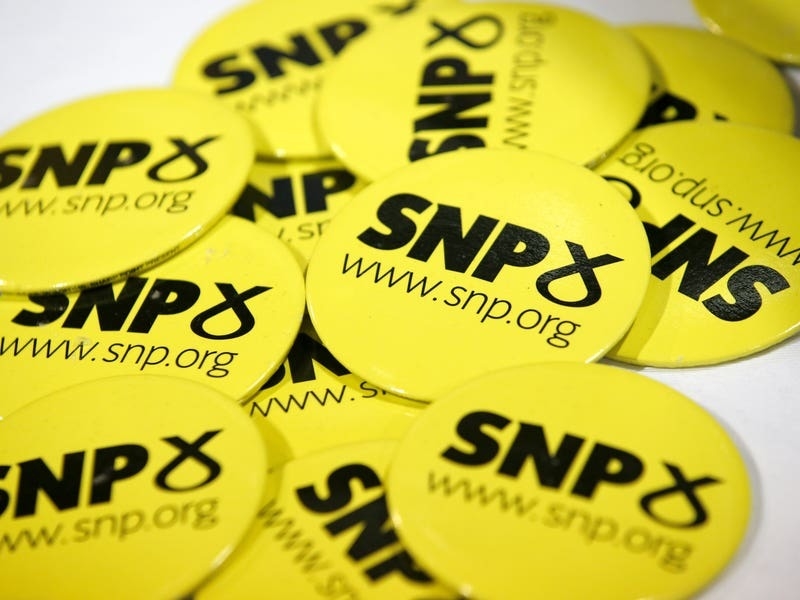Four million vulnerable households on prepay gas and electricity meters could soon see their bills rise, according to the Competition and Markets Authority (CMA).
The watchdog said it will change the way it calculates the prepay price cap, which was introduced in April 2017 and is separate from the Government’s flagship price cap policy.
The cap of £1,242 a year for the average home will also be extended beyond its expected end date of 2020 due to the delays to the smart meter rollout, which was supposed to complete next year.
Officials warned that the rollout could be delayed by up to two years, meaning many homes on prepayment meters, who were expecting to benefit from having smart meters, would miss out.
The CMA said: “The rollout of smart meters has not progressed in line with the initial projections on which the EMI Final Report was premised. Evidence shows that it is not on track to complete by the end of 2020 and we believe may be as much as two years behind schedule.
It added: “Some of the costs that an efficient supplier is expected to bear in supplying prepayment customers have increased to a level materially
higher than that reflected in the (prepay cap) methodology.”
We’ve published the provisional decision in our review of the Energy Market Investigation (Prepayment Charge Restriction) Order 2016. Read more: https://t.co/qkXGqpQEVb pic.twitter.com/ZJiD7xdy2n
— Competition & Markets Authority (@CMAgovUK) June 7, 2019
The prepay cap was expected to increase competition among suppliers to offer better deals in a market that has far fewer opportunities to switch that traditional credit meters.
However, the CMA said: “The conditions of competition in the prepayment segments have not improved materially since the introduction of the (prepay cap), and levels of overall engagement among prepayment customers are still low. As a consequence, this does not amount to a change of circumstance.”
Prepay customers tend to be the most vulnerable households in the country, because many are using prepay meters due to poor credit history or debts with suppliers.
Offering prepay meters is more expensive for those suppliers to administer and experts have warned that homes with prepay meters are likely to be the last people to be able to get smart meters installed.
This is due to technology not yet being able to communicate with smart meters in high-rise buildings, which tend to be more likely to have prepay meters.
Suppliers and customer groups have until July 8 to challenge the decision, the CMA added.






